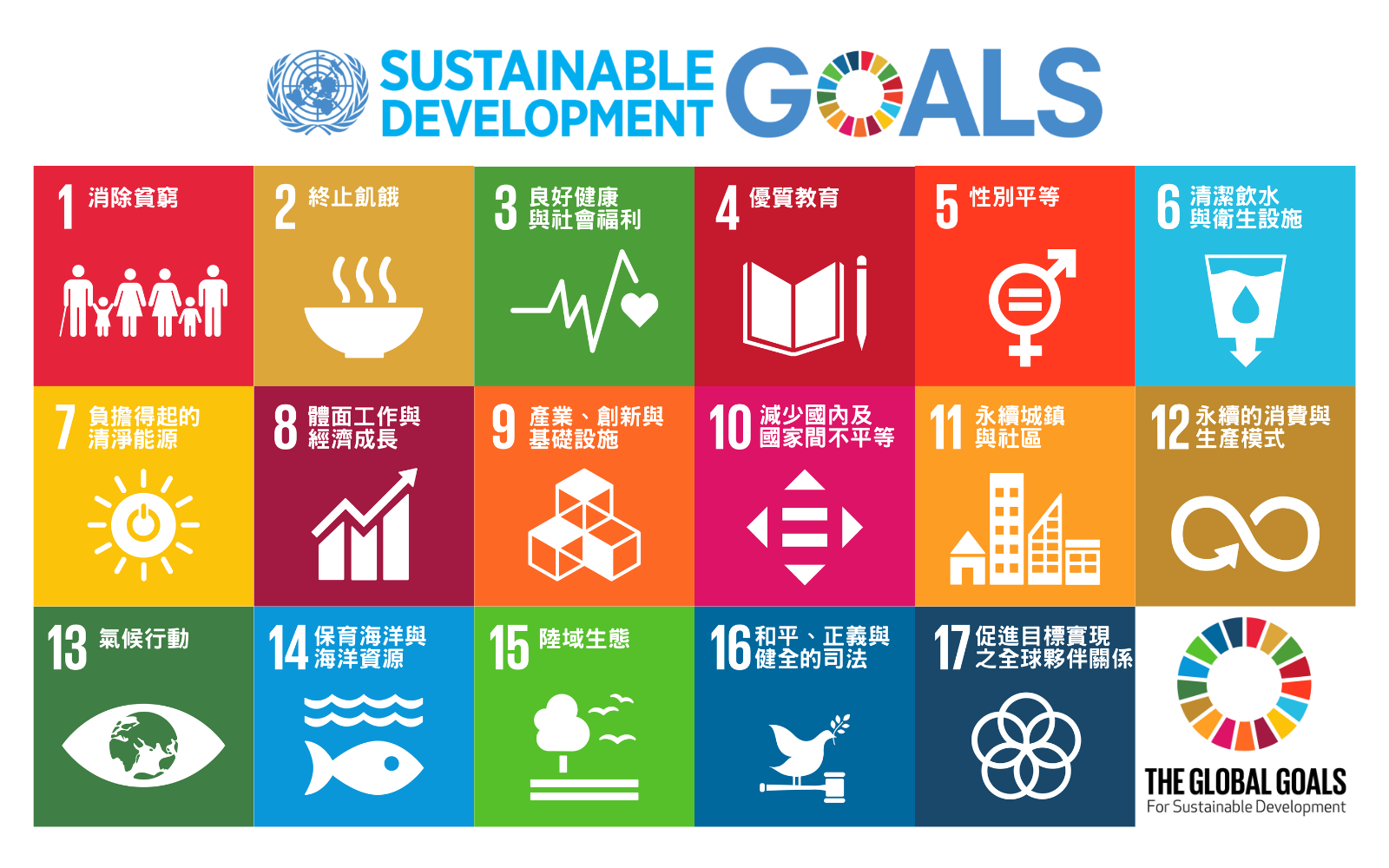Objective
Holistic Approach and Solution: The concept of holistic education is an abiding principle guiding the nurturing of students to become experts in Educational Administration and Science Education.
Flexibility in Course Selection and Multi-approach in Teaching: This enhances the ability to integrate knowledge for application, laying the foundation for further academic pursuits or career development.
Top Educational Resources Put into Best Use: Teaching facilities supported by excellent educational resources will provide an ideal teaching and research environment.
Center for the Professional Growth of Teachers: Through the combination of teaching and research, teachers can learn to become more professional, efficient, and learn to adopt research-based teaching.
Upgrading the quality and quantity of academic research and publications: Teachers are encouraged to publicize the results of their research in prestigious journals. A reward program will provide the incentive for excellent achievement and effort in raising the academic standard.
Enhance international exposure: Academic cooperation with sister universities will increase the opportunities for education and expand the horizon for academic research.
Admission
Master’s degree for Full-time graduate students:Completed B.A degree (including new graduates).
Master’s degree for in-service teachers:Teachers and staff in both public and private schools, as well as an in-service continued study and professional growth program to qualified administrators of educational institutions.
Application
The application process starts in November each year and registration is in the following February.

